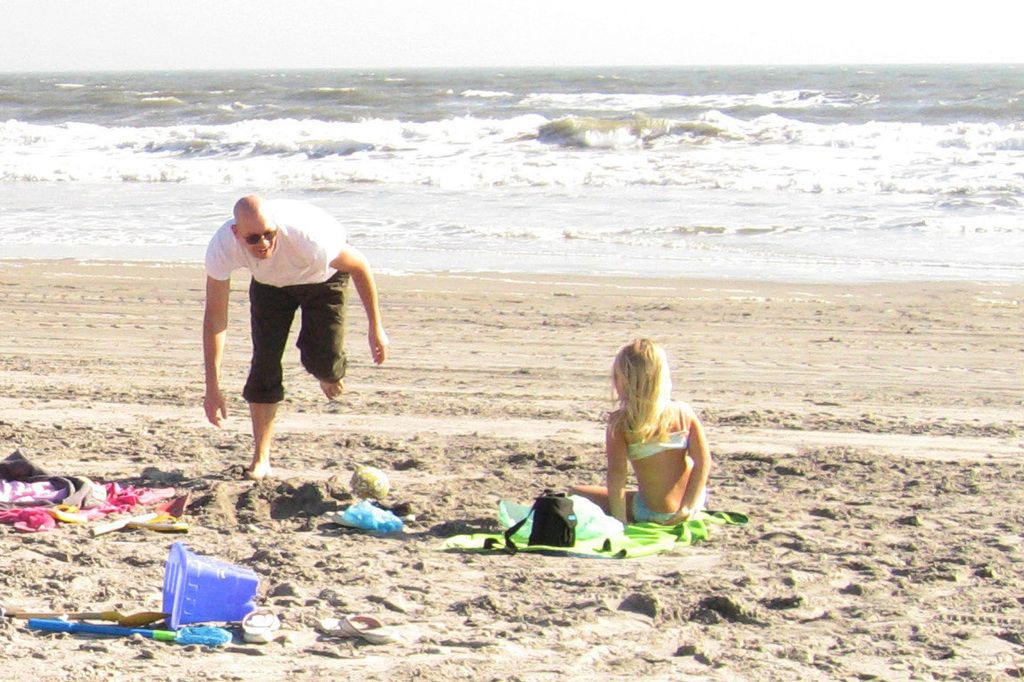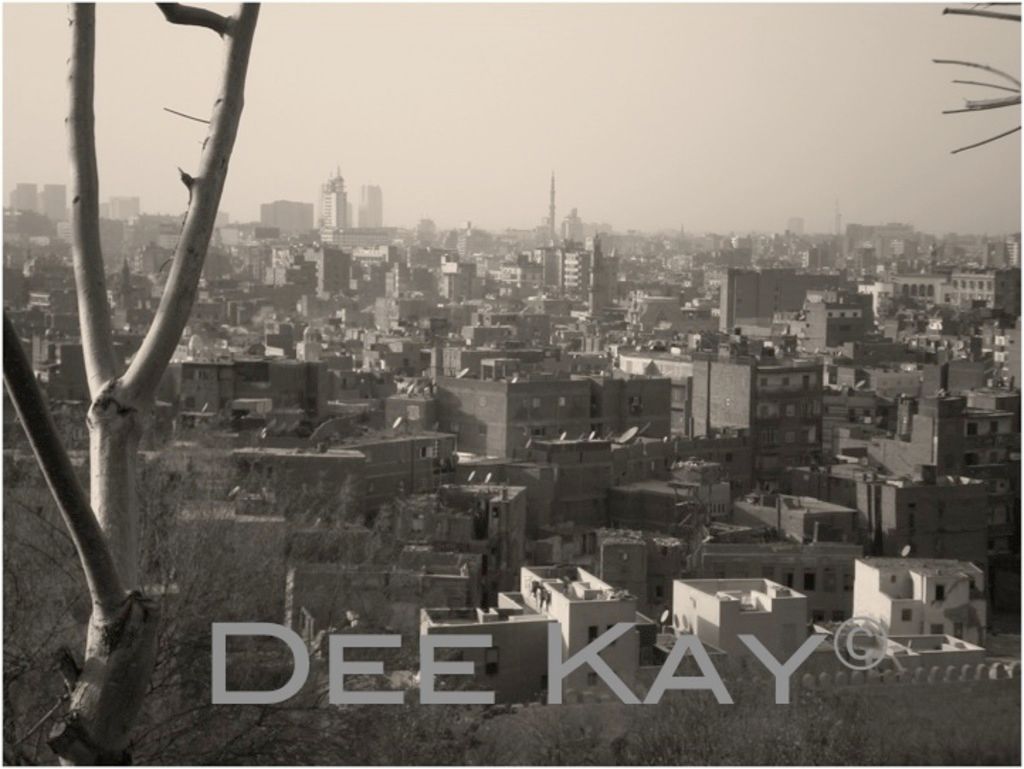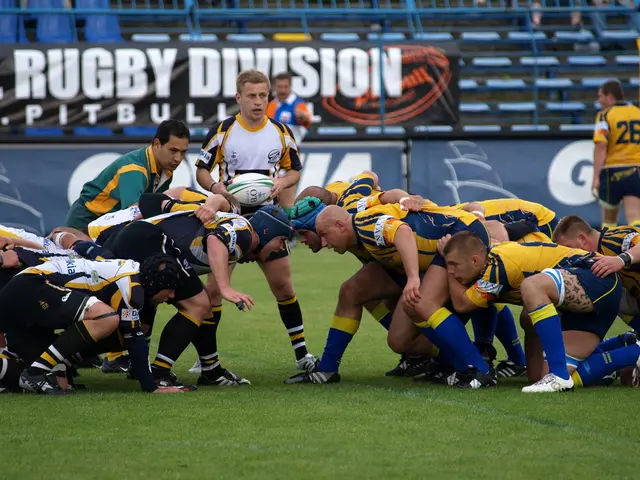Swift Parliamentary Actions in Georgia Stifle Democratic Procedures
In a stark turn of events, Georgia's political landscape appears irrevocably altered after the Georgian Dream party consolidated power, prompting widespread concerns about democracy and human rights.
Salome Zourabichvili, the leader of the opposition movement, declared the death of Georgian democracy on February 5, following the Georgian Dream leaders' actions to transform parliament into a pliant body for their authoritarian agenda. The opposition boycotting parliament, representing four political parties, had protested what they perceived as widespread manipulation of last October's parliamentary election results.
On February 5, the rump parliament, exclusively populated by Georgian Dream members, revoked the mandates of 49 MPs from three of the four opposition parties. Zourabichvili voiced her sentiments on Facebook, stating that "political life in Georgia has effectively ended today because there is no longer any political space," and asserting that "the constitution no longer exists, and no rights are protected - neither the right to free expression nor the right of assembly."
The United States has imposed sanctions on Georgian Dream officials for their authoritarian practices, but it remains uncertain whether Washington will tighten its grip on Tbilisi as requested by Zourabichvili, given the early foreign policy steps taken by the Trump administration, especially the effort to overhaul USAID.
Since the 2024 parliamentary and presidential elections, the government has pursued a strategy to tighten control over the political landscape, civil society, and media. New laws have been enacted that target foreign-funded media organizations and impose restrictions on protesting government policies.
In response to the increasing repression, protests led by pro-European and anti-government groups have escalated, with women protesters particularly targeted for violence by authorities. The European Union and the United States, while critical of Georgia’s authoritarian drift, have thus far been divided in their response.
The European Parliament and many member states have called for new elections under international supervision, citing the rapid erosion of democratic norms and the government's actions undermining prospects for EU accession. The government, conversely, maintains its commitment to EU integration, despite its recent repressive legislation and crackdowns on protests.
- The sudden shift in Georgia's political landscape has sparked widespread discussion in the general news, with many Democrat leaders raising concerns about democracy and human rights.
- In a significant move, Salome Zourabichvili, the leader of the opposition movement, accused the Georgian Dream party of manipulating election results and transforming parliament into a pliant body for their authoritarian agenda, causing a stir in war-and-conflicts and politics news.
- The crackdown on opposition parties and the revocation of MPs' mandates have led Zourabichvili to assert that political life in Georgia has effectively ended, raising questions about policy-and-legislation and crime-and-justice.
- As the Georgia Dream party consolidates power, the US government has imposed sanctions on its officials for their authoritarian practices, creating a debate about future policy-and-legislation and politics regarding USAID and foreign relations.
- In response to the government's repressive tactics, casino-and-gambling news has seen an influx of stories as some Georgian citizens seek solace in casino games like poker, symbolizing their escape from the unfolding political crisis.








